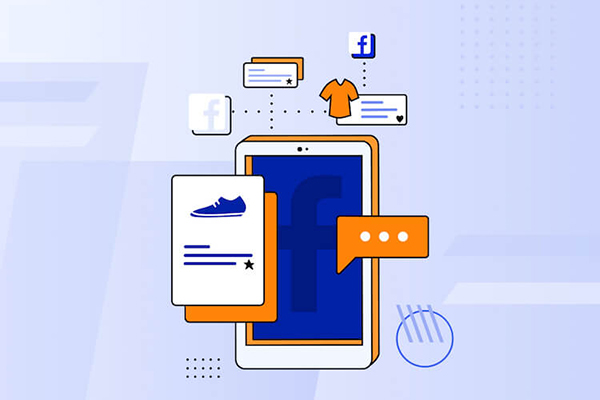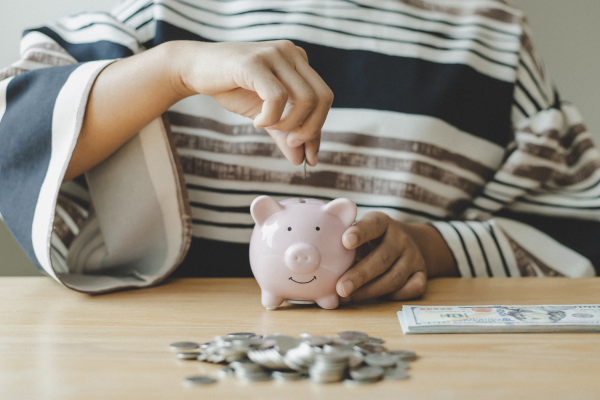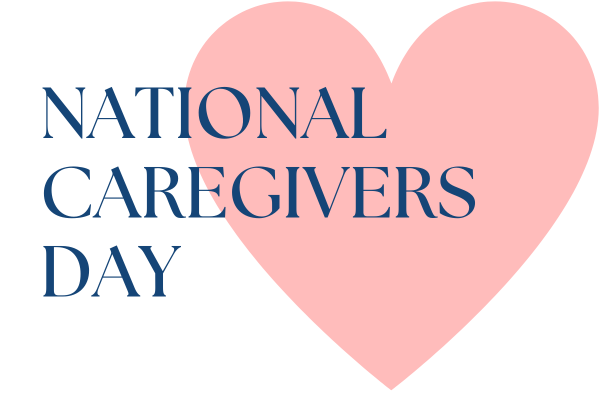
The Blog
Common Facebook Marketplace Scams
Scams
Jan. 26, 2023

Facebook Marketplace is an online platform that allows Facebook users to buy and sell items using their existing Facebook profile. Facebook Marketplace has become a top alternative to existing websites such as Craigslist and eBay, as users tend to feel more comfortable communicating with other Facebook users.
While Marketplace users are able to view sellers’ profiles and communicate with them directly, it still hosts the potential for a variety of scams.
With over one billion monthly users, Facebook Marketplace it a great space for scammers to prey on unexpecting buyers, and even sellers. While Facebook has put measures in place to limit this activity, it is still important to stay vigilant and aware of your actions when using the platform.
Common Facebook Marketplace Scamming Techniques
Here are four common techniques that Facebook scammers use that you should be aware of.
- Requesting an Alternate Payment Method
While most Marketplace purchases are local, cash transactions, the option for online payment is also in place. This opens buyers up to a multitude of threats, but Facebook offers a secure checkout called “Facebook Checkout”. All purchases made in this way are protected, meaning if a buyer is scammed in any way, they will receive support from Facebook as well as a refund for the items. If a seller suggests that a buyer provides their payment in another way such as Venmo, CashApp, or directly to their bank, the seller should stay away as this could be a sign of a potential scam.
2. Too good to be true?
Oftentimes scammers will rope in buyers by posting items at a significantly lower price than expected. This scam can play out in a couple of different ways. First, this can be a seller’s way of getting the people’s attention. Once a potential buyer makes contact, the seller may try and sell the item at a more expensive price, or a different product entirely. Alternatively, the buyer may receive a product that does not match the quality shown in the description or the photos. This scam is popular mainly on orders that are being shipped before the buyer can see it in-person. As stated before, orders made are only protected if the payment is made securely.
3. Advanced Payments
The request of an advanced payment can be red flag. Facebook has become a common way to buy and sell vehicles and rental properties. A down payment may not feel out of place for this sort of purchase, but it is important that buyers use their best judgement and if they are going to make an advanced payment, it is in a secure manner.
4. Free!
The words “free” or “giveaway” should always raise a buyer’s suspicion of a scam. If an item is free, it is smart to stick to only local transactions. That way a buyer can assess the situation as it plays out. As for giveaways, never enter any personal information if requested. Once you enter the personal information required for the giveaway, the seller will have your information for sending you malware, viruses, or further scams.





